What – if anything – can be learned from studying the career trajectory of successful scientists? To determine whether predicting trends in future scientific breakthroughs might be possible by examining past performance, an international team led by the physicist Albert-László Barabási at Northeastern University in Boston studied the careers of thousands of scientists across numerous disciplines, charting their most cited papers to gauge impact as a measure of success. While the study reaffirmed previous findings about creativity that show high levels of productivity early in scientists’ careers, there was a surprise in the data. When timing of productivity was removed, the research revealed that impact in a scientist’s career is random, and not correlated to experience. In short, success is a complex function of ability, productivity and luck. The full paper is available at Science magazine.
Science doesn’t rely on luck, but success in science can’t do without it
Video by Nature
Visualisation: Mauro Martino

videoPhilosophy of science
What toddlers can teach us about how the human brain does science
10 minutes

videoDemography and migration
What can a map of notable births and deaths reveal about the spread of culture?
6 minutes

videoComputing and artificial intelligence
A future in which ‘artificial scientists’ make discoveries may not be far away
9 minutes

videoSocial psychology
Want to make a lab rat smarter? Treat it like a smarter lab rat
3 minutes
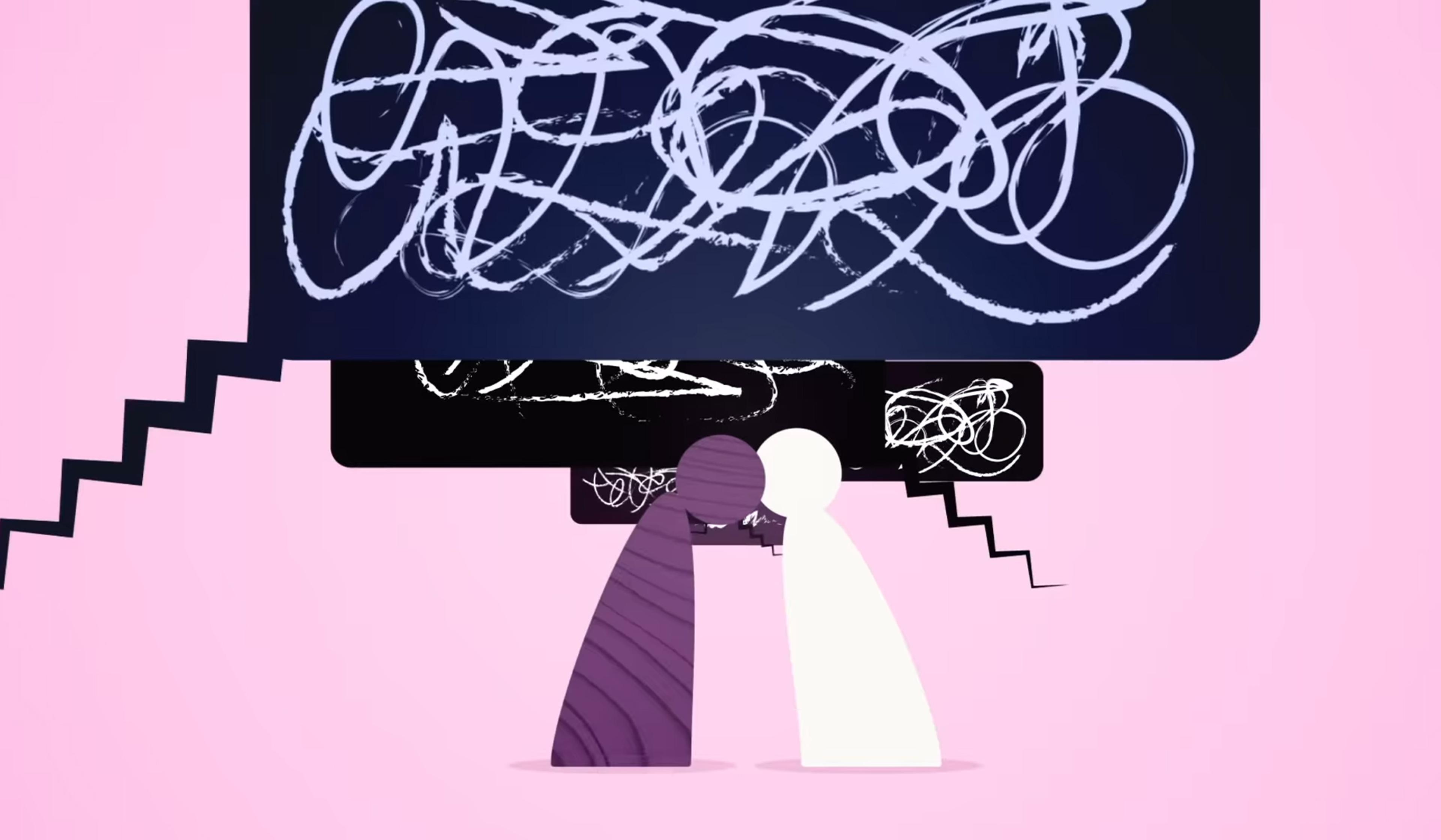
videoGender
When aggression is viewed as brilliance, it hurts women in science, and science itself
5 minutes
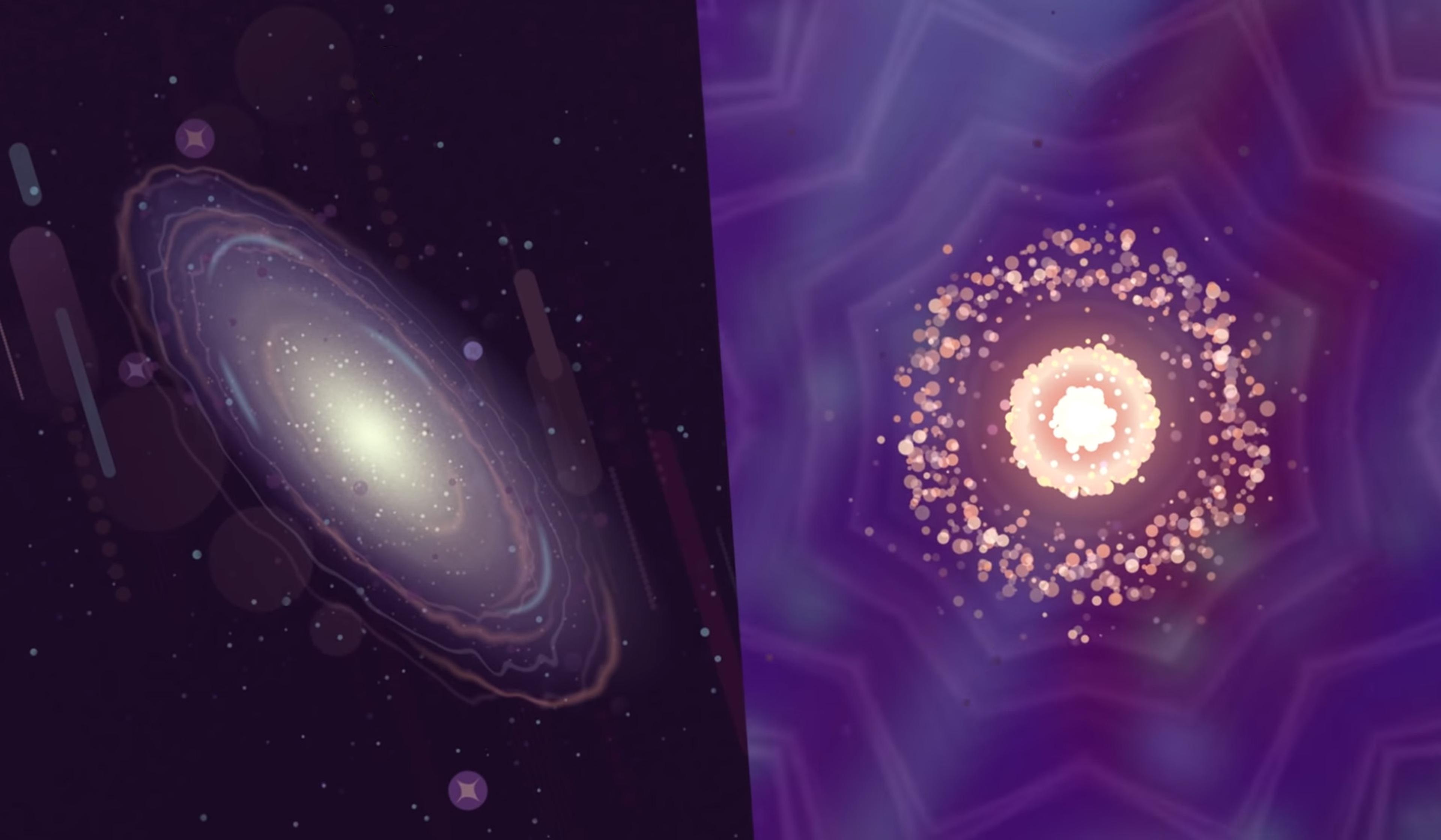
videoPhysics
There’s a striking link between quantum and astronomic scales. What could it mean?
5 minutes
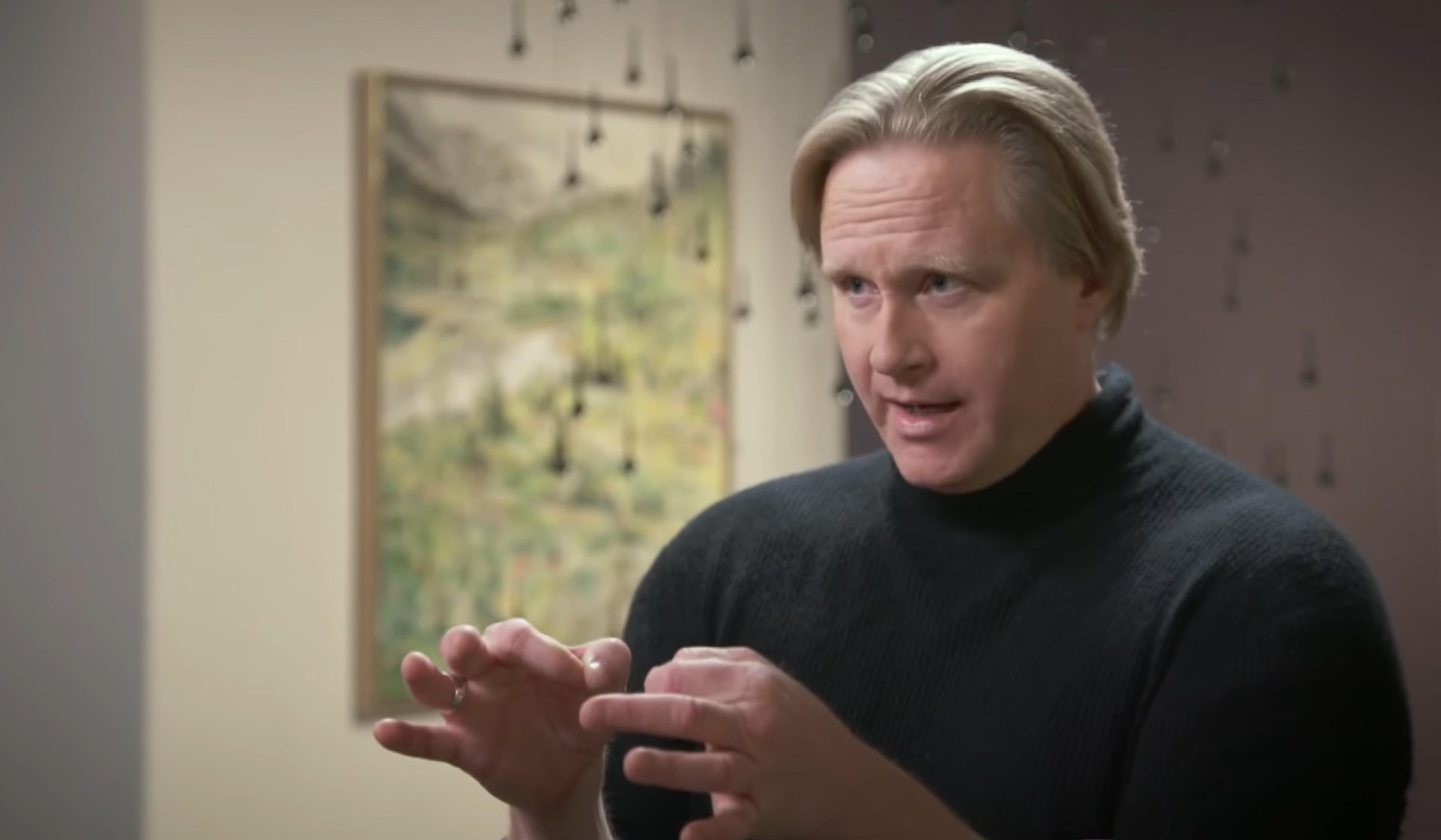
videoQuantum theory
Mind-bending new quantum experiments are blurring past, present and future
10 minutes
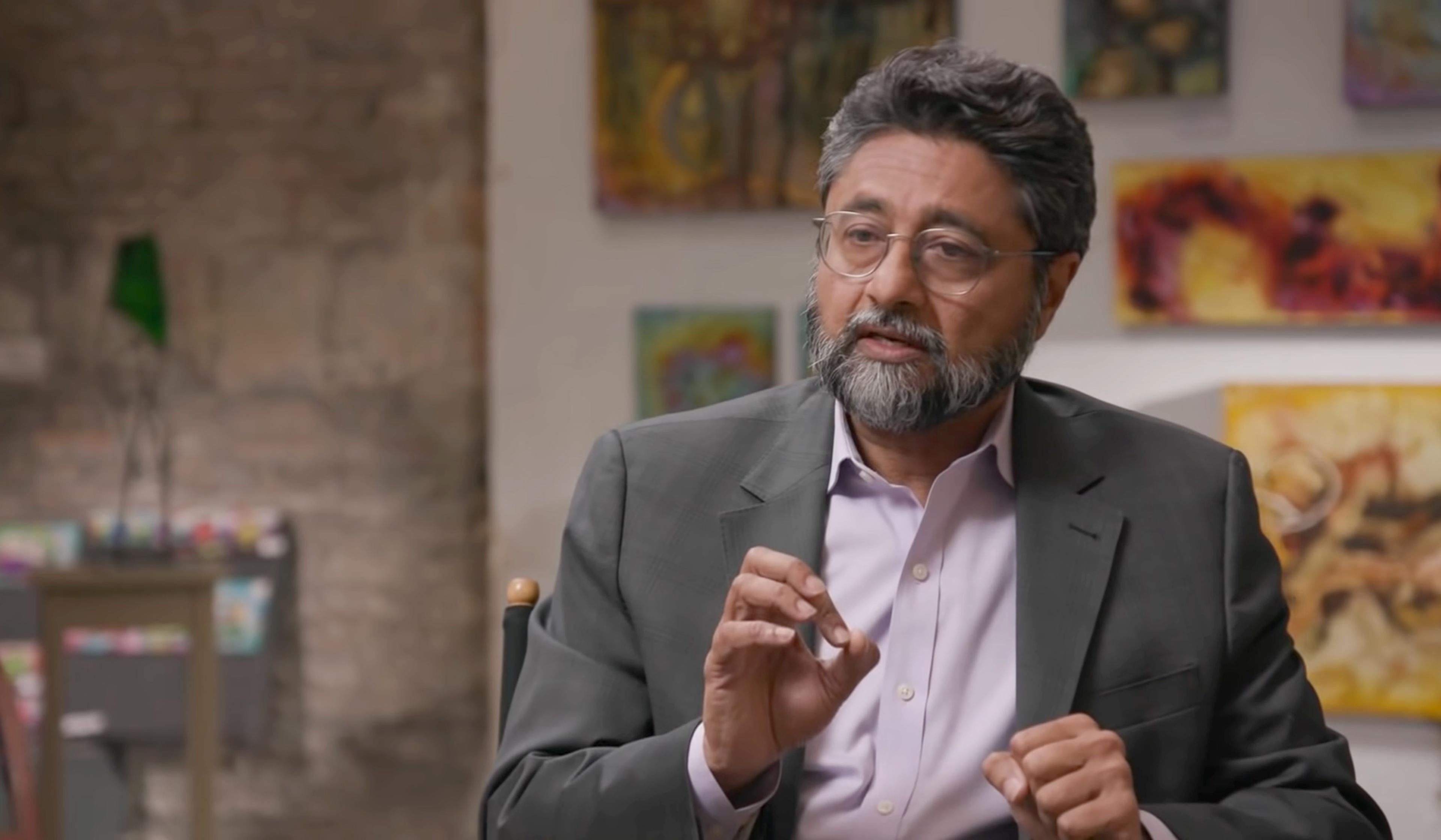
videoNeuroscience
Artists can flourish after brain damage. What does this say about neurology and aesthetics?
7 minutes
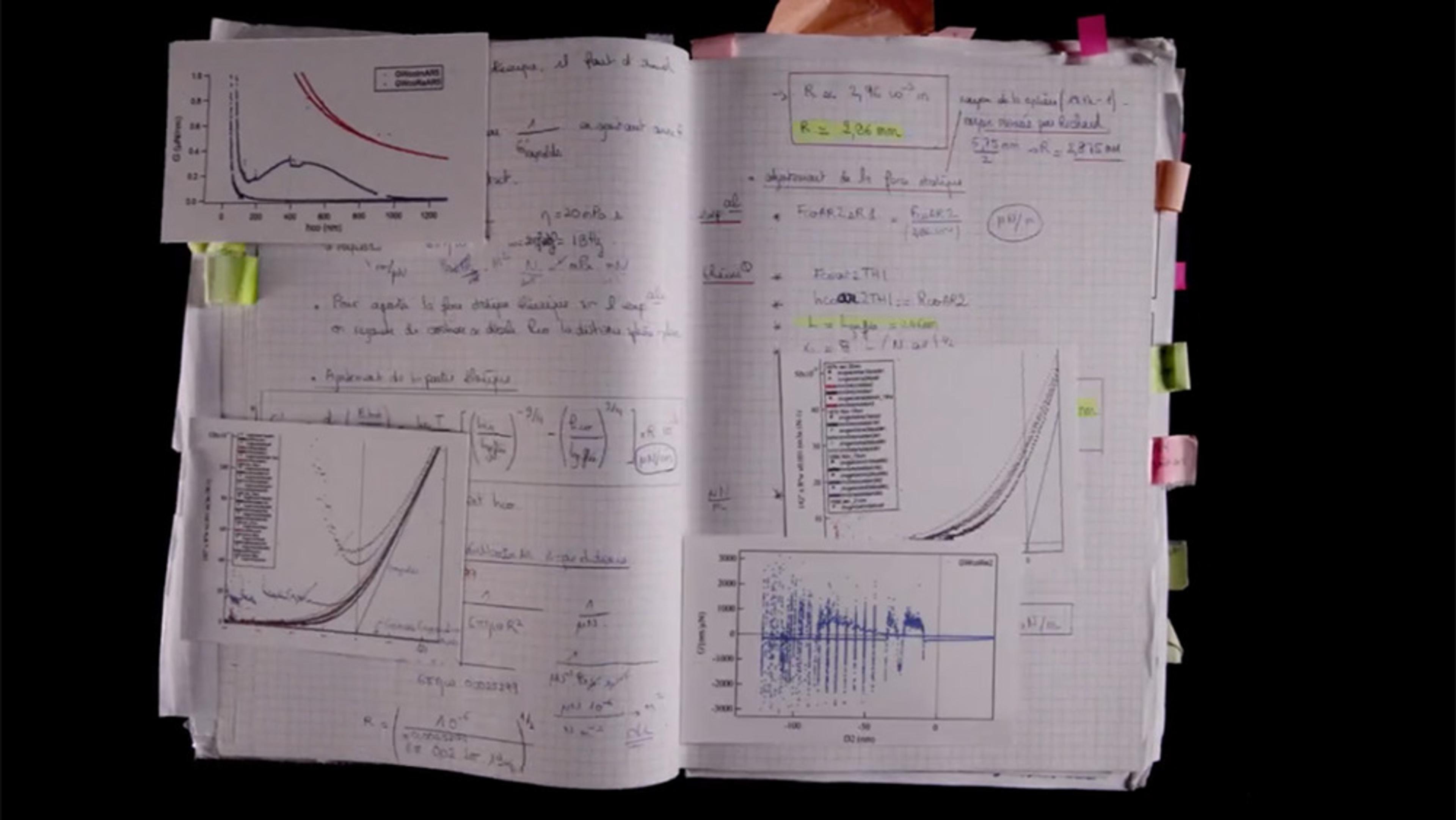
videoHistory of science
Excitement, baby steps and reams of rejections – how scientific knowledge builds on itself
7 minutes